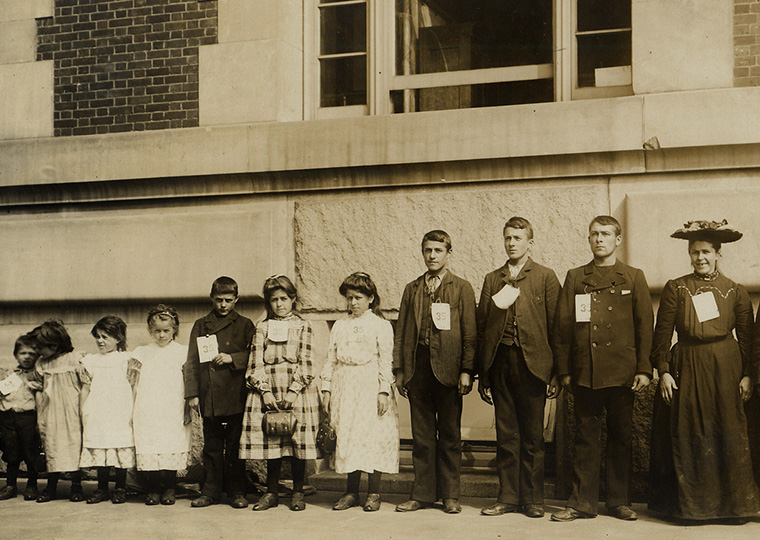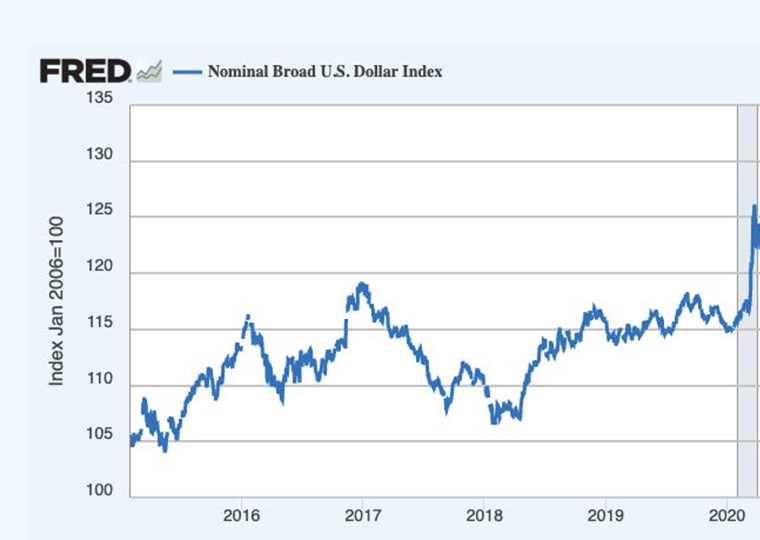Feeling connected to — not estranged from — our older self is associated with savings and other helpful present-day behaviors
An unofficial rite of passage for scientific research occurs when emerging ideas and theories fleshed out in small scale experiments are put to the test in a larger setting.
UCLA Anderson’s Hal E. Hershfield and co-authors published the results of such an opportunity to go large in the study of our relationship to our future self.
Hershfield has played a pivotal role in the study of how our level of connection to our older self impacts our ability to make decisions today that will help that very distant stranger. In 2009, as a Ph.D. candidate at Stanford, he collaborated on three small scale studies (359 combined participants; many of them college students) that established the role of future self-continuity in decision-making: The more connected we are with our future self, the more we are able to make the often hard trade-off of delayed gratification.
Opt In to the Review Monthly Email Update.
Earlier Studies Were Smaller
That, of course, can play a significant role in our retirement security and health as we age, as both require choices today (saving, quitting smoking, going to the gym) whose benefit will be experienced by our older future self.
In the ensuing years, there has been a steady stream of research advancing the understanding of future self-continuity and effective nudges that can help us strengthen that bond. Yet that research typically has also been on a smaller scale. (Hershfield’s 2023 book, Your Future Self, is a curated tour through the field.)
Now, in research published in Judgment and Decision Making (the same journal that published the 2009 paper), Hershfield, UCLA postdoctoral researcher Craig I. Brimhall and the Consumer Financial Protection Bureau’s Susan Kerbel deliver proof of concept on a very large scale.
They mined a CFPB survey conducted in 2016 that collected data from a representative sample of nearly 6,400 Americans. The survey captured participant’s self-reported ability to manage basic household finances (saving, investing, bill paying), their level of financial knowledge and a series of questions that teased out participant’s level of confidence in reaching their financial goals. One specific question had participants rate their level of connectedness to their future self on a scale of 0-100.
Age, Income, Education, Race
The average future self-continuity score was 68. The researchers’ ability to slice and dice the score across variables exposes many interesting differences to explore in future research, and where future self-continuity nudges might be best targeted.
Perhaps not surprisingly, we get better at future self-continuity as we age. The average score among 25-34-year-olds was 56.5. For the 55-61-year-old slice the average score was 75.
Participants with income between $40,000 and $49,999 had an average score of 66; when income is above $150,000 the average score was 75.
Higher future-self continuity scores were also correlated with education level. Participants with a graduate degree had an average reported score of 76, compared with 66 for participants with a high school degree.
And race is very much an issue.
- White, non-Hispanic 73
- Other, non-Hispanic 69
- Hispanic 57
- Black, non-Hispanic 52
Interestingly, there was no gender-based difference in future self-continuity levels.
Making Good Choices
Parsing the broad representative CFPB data also enabled the team to break a bit of new ground by showing a strong correlation between future self-continuity and one’s sense of financial well-being. That general correlation also persisted when controlling for variables such as income and education.
And there was evidence that a greater sense of future self-continuity seems to engender financial choices that indeed boost well-being. The authors estimate that participants who reported a future self-continuity score a significant level above the average were 3.4 percentage points more likely to report having savings greater than $1,000, compared with participants with savings of less than $1,000.
While that suggests helping Americans get more connected to their future self increases financial security, the survey also produced what initially feels like a head scratcher: There was no significant correlation between future self-continuity and a participant’s “propensity to plan.”
That might be because participants with higher future self-continuity scores have internalized savings as a habit, not something they need to actively plan. Clearly, that’s one aspect of this research ripe for future investigation. The fact that this broad nationally representative survey confirms key precepts of future self-continuity, suggests more attention is warranted.
Featured Faculty
-
Hal Hershfield
Professor of Marketing and Behavioral Decision Making
-
Craig I. Brimhall
Behavioral Decision Making, Postdoctoral scholar
About the Research
Hershfield, H.E., Brimhall, C.I., & Kerbel, S. (2025). Exploring the distribution and correlates of future self-continuity in a large, nationally representative sample. Judgment and Decision Making, 20, e9.





